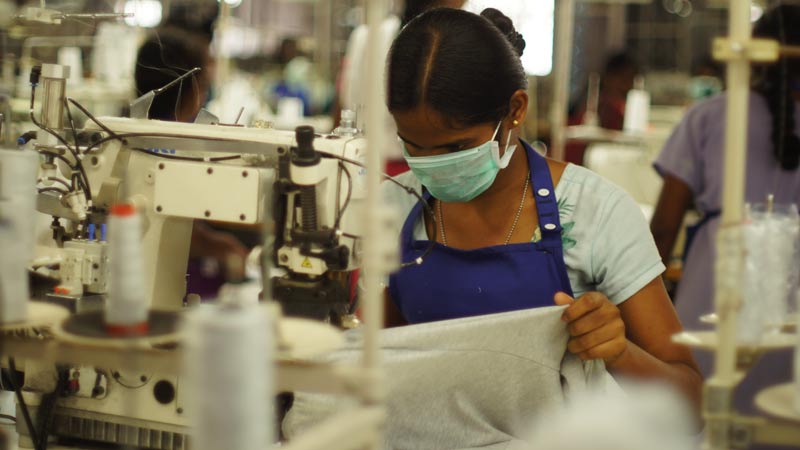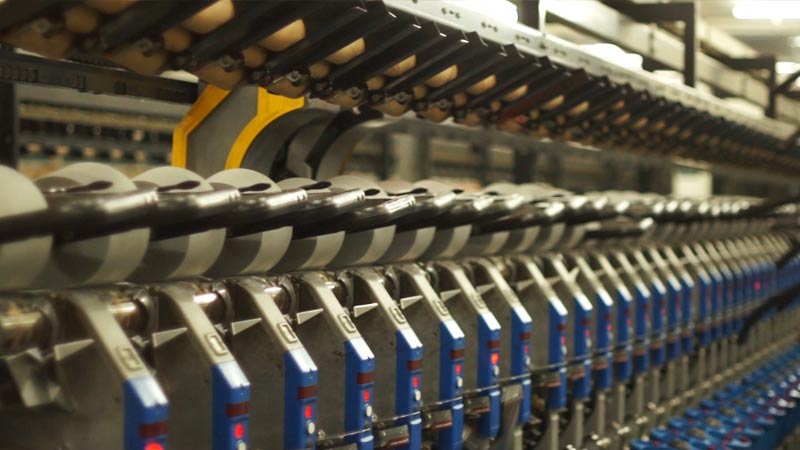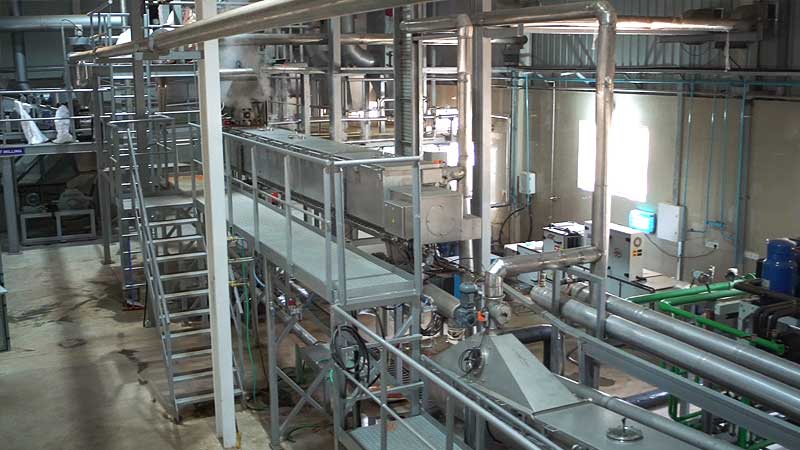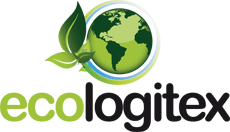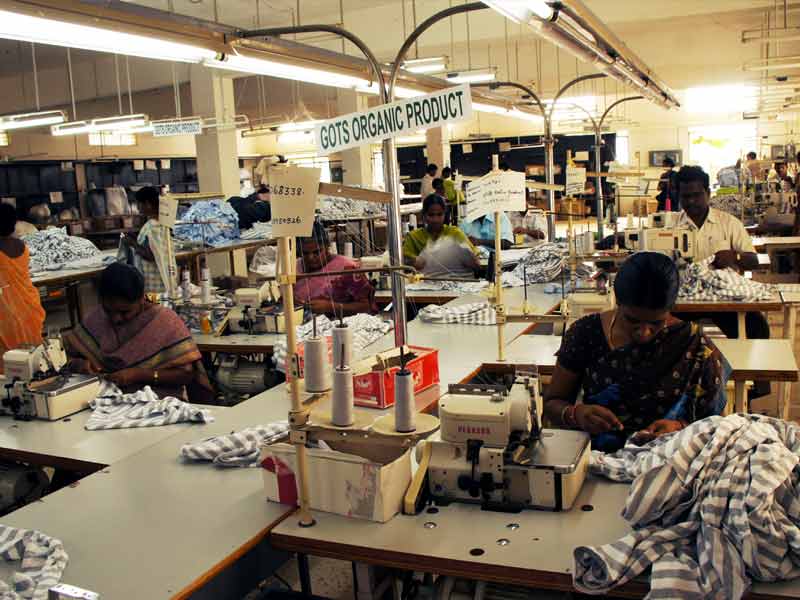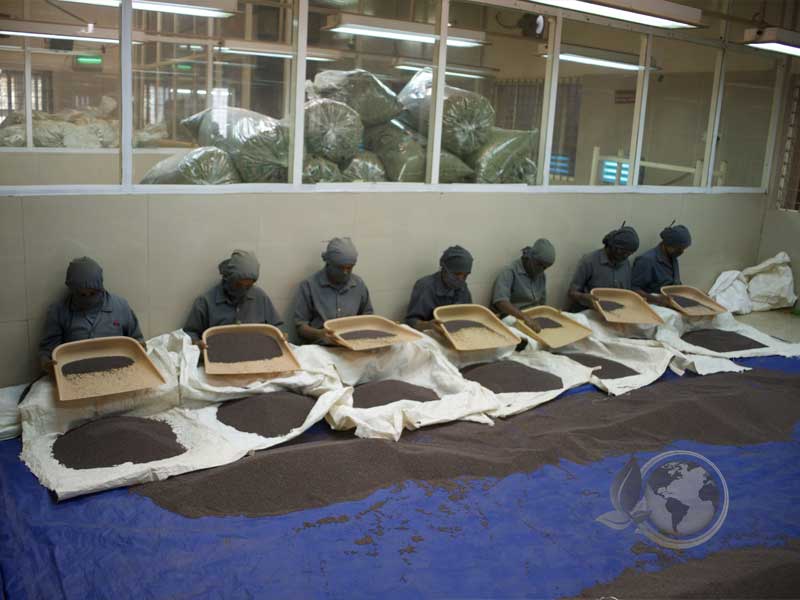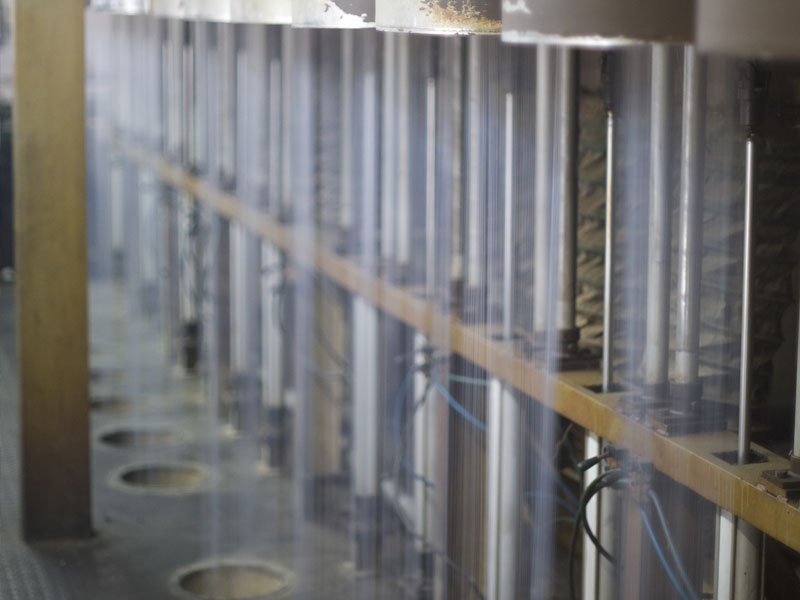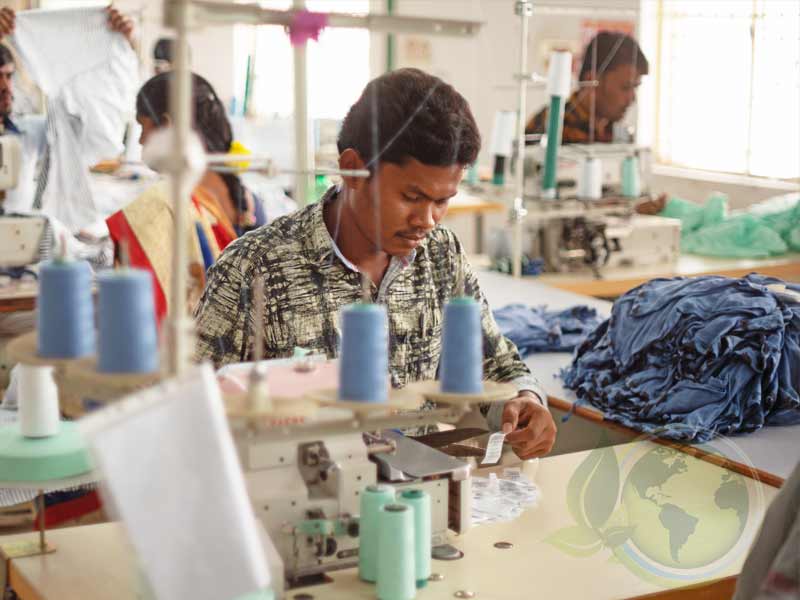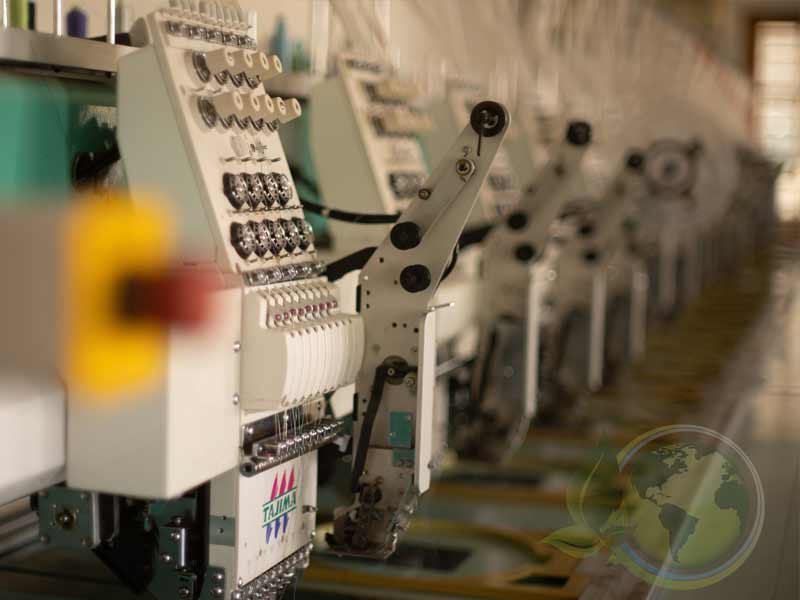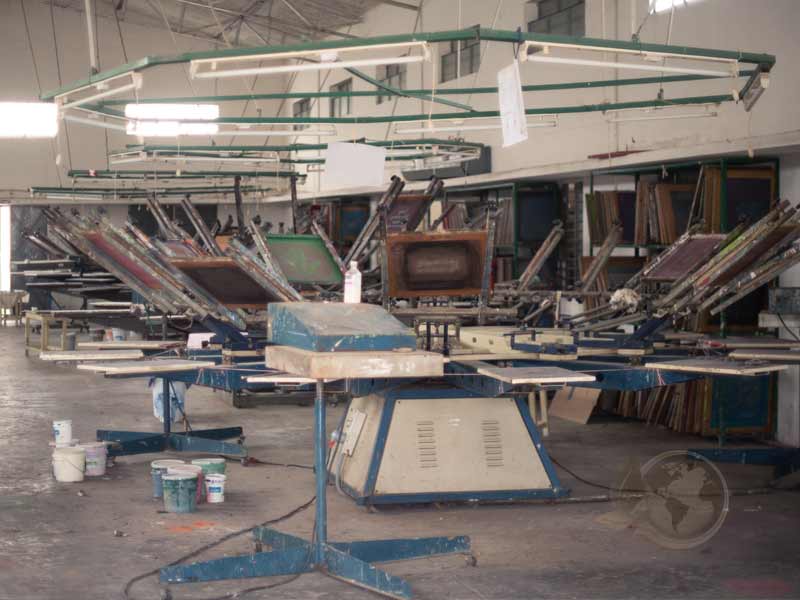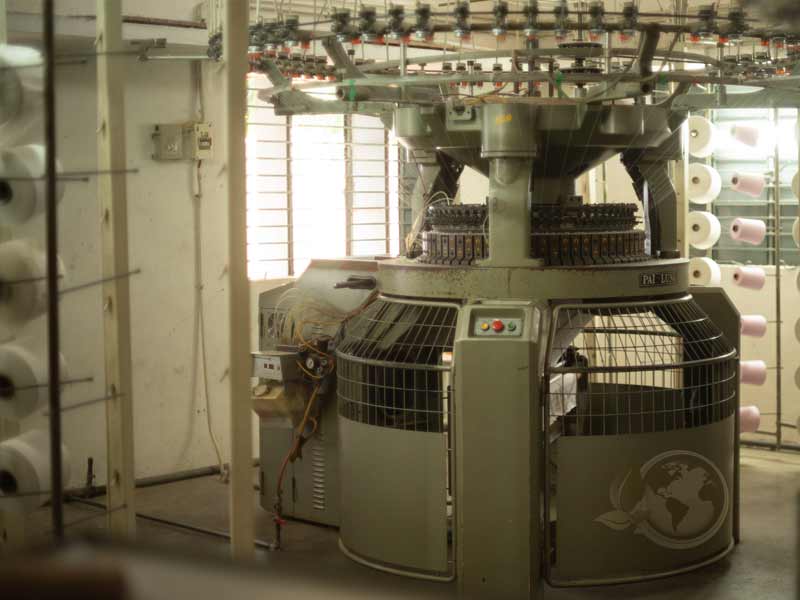manufacturing
Garments and Texiles
Cutting waste is collected and shredded into fibres, blended with other recycled fibres such as R-Pet and spun back into yarns. Depending on our client's requirement, we can source 100% yarns for knitted and woven garments as well as 100% organic and 95/5 GOTS certified textiles. Through vertically integrated spinning, fabrication, GOTS dying, printing and by way of our connections with factories that use lean management systems, we can offer excellent lead times for your orders. With resource management systems for food, fibres, yarns, fabric and ready-made garments, ecologitex provides seed-to-shelf resource management for its services and products.
All of the manufacturers in our network conform to the highest standards for organic textiles and they uphold praiseworthy social responsibilities via professional certification, for which they are regularly audited by the respective certification institutions. Powered by renewable energy, the manufacturers with which we work take countless steps to reduce environmental impact. They also engage and address social issues in their community, ones that improve the quality-of-life of their neighbours in the surrounding districts.
Organic food processing / goods manufacturing practice
Prior to exporting any product, it is inspected, processed, tested, and packed in GMP-certified processing facilities. These processes are divided into diverse phases. Quality, testing, cleaning, research, warehousing, and others. Installed with advanced machines and equipment, our suppliers operate production units that support ecologitex in executing and delivering bulk orders for our clients within their specified time frame.
Facilities for drying, steam sterilisation, powdering, sieving and metal detection, freeze drying, and CO2 extraction are maintained to the highest measure. The various organically certified facilities with which we work, ensure the delivery of products that are in accordance with defined industry standards.
Our products begin with certified organic cultivation and harvesting and the separation of the desired components, which are then sent to the processing facility. Quality control and lab testing ensures that the products are ready to undergo both manual and mechanical inspection. During sorting, cleaning, grading, and washing to remove impurities, they continue to undergo various stages of quality control, which test for organoleptic properties, macroscopic characteristics and the microscopic profile.
Aroma, taste, color, oil content, moisture levels, foreign matter presence, physical appearance, texture, microbiological assays, mycotoxins, heavy metals and organic pesticide residue tests are also made.
